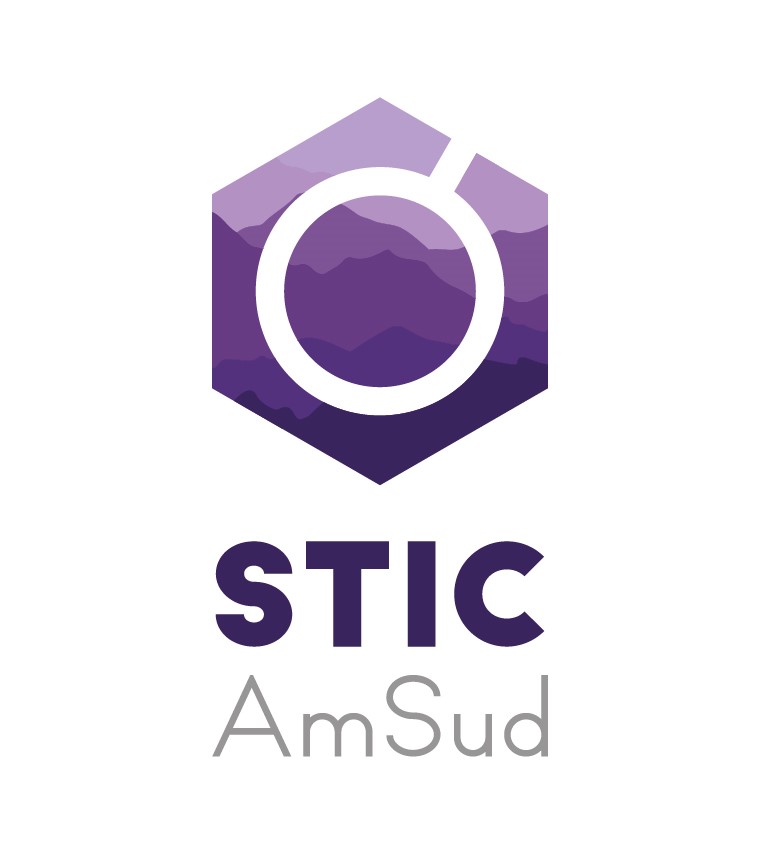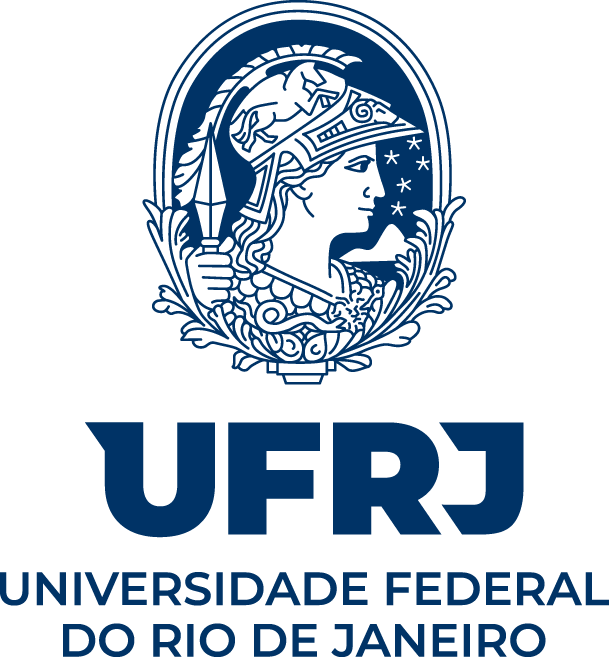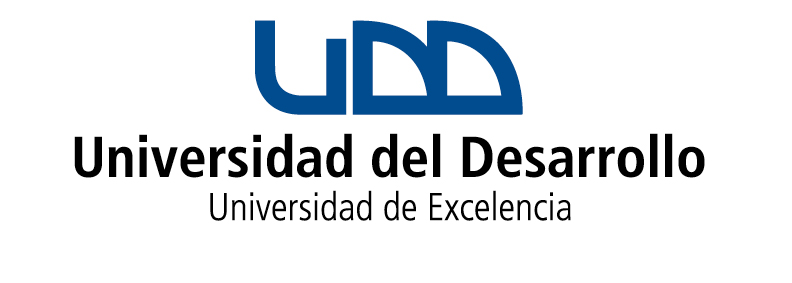The Tactile Internet requires ultra-low latency and high availability of cloud-like resources. Multi-Access Edge Computing (MEC) addresses this requirement, serving users with MEC hosts nearby. Nevertheless, user mobility hinders this strategy, increasing the host-user distance over time. LINT (Leveraging federated mobility learning for Tactile Internet services) aims to predict user trajectories with federated learning, using them to allocate MEC resources while preserving user privacy optimally. The project goals are:
- Development of theoretical foundations, analytical methods, and algorithmic tools to support privacy-conserving mobility characterization of personal devices in the Tactile Internet.
- Practical experimentation of adaptative resource management strategies for latency-dependent Tactile applications in Mobile Edge Computing (MEC)
- Investigation of Federated Learning mechanisms for user-privacy preservation.










